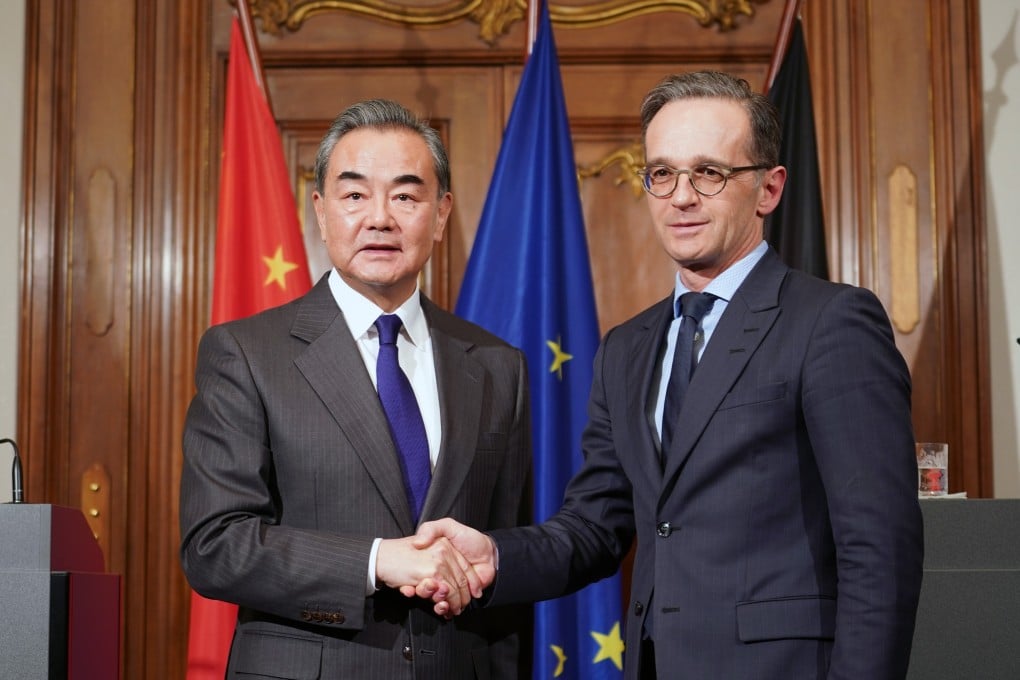China gets little sympathy in Munich as US, Europe agree on need to confront rising influence
- General agreement between US and Europe at Munich Security Conference on confronting China in contrast to rising transatlantic disagreements
- But US and Europe disagree on approach, with US favouring confrontation and Europe preferring dialogue

The need to confront China’s rising influence in the world has become one of the few strategic agenda items that Americans and Europeans can agree on, in sharp contrast to wider transatlantic disagreements over defence, trade and multilateralism.
Leaders from Austria and Norway on Friday expressed concerns about China’s rising clout, worries similar to those expressed by US lawmakers at the Munich Security Conference, an annual event that gathers experts from around the world.
But comments from officials at the conference made clear that even though there was general agreement on an overall strategy, the US and Europe continue to disagree on tactics.
Ahead of Chinese Foreign Minister Wang Yi’s keynote speech on Saturday, which is expected to strike back against these worries, Fu Ying, the former Chinese ambassador to Britain, challenged the dominant narrative at this year’s conference by posing a question to Nancy Pelosi, speaker of the US House of Representatives.
“Do you really think the democratic system is so fragile it could be threatened by this single hi-tech company, Huawei?” Fu asked, referring to the Trump administration’s continuing attempts to ban Huawei Technologies from supplying its next-generation 5G telecommunications technology to the US and its allies for fear it could be used by Beijing for spying.

The US Department of Justice ratcheted up pressure on Huawei on Thursday, indicting it for racketeering and conspiracy to steal trade secrets from six US companies, charges Huawei vehemently denied. The US also contended that Huawei had lied about selling products to North Korea in violation of United Nations sanctions.